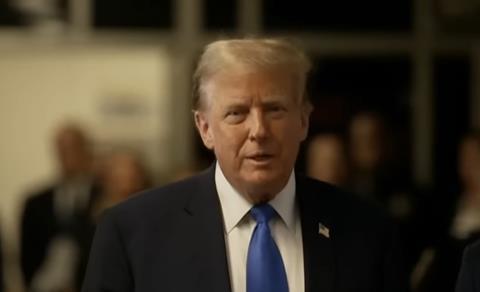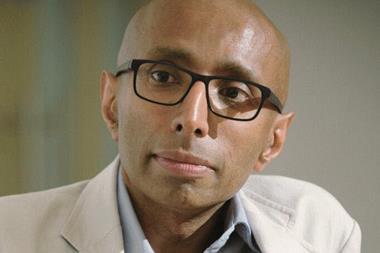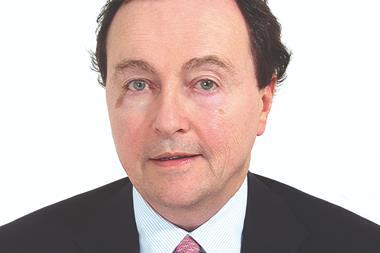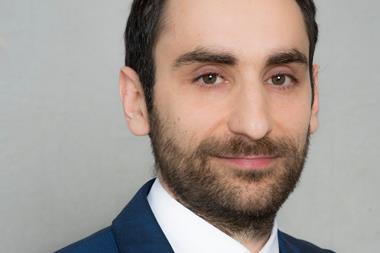Peter Kraneveld identifies Trump’s election chances as an important political risk for pension funds
The pension sector has largely accepted that political risk must be controlled. How then, can they prepare for the risk that Donald Trump will again be elected US president? The risk is significant.
Taking the Radio 538 poll of polls as a basis, Trump is seen as unfavourable by 52%, favourable by 42%. Current US president Joe Biden is disapproved by 56%, approved by 39%.
Polls are often wrong and there still is time. In particular, the situation may change if Trump is convicted in one of his criminal trials. However, the numbers are disquieting and so is the precedent of the OJ Simpson criminal trial.
The risk of a Trump presidency can be divided in a domestic risk and an international risk, though the two overlap.
The domestic economic risk is so debatable that it may be best worked out within each pension fund. Some agenda items for that debate may be:
- attacks on US democracy and its institutions;
- deepening of raw political divisions that are already hampering the functionality of the US government;
- worsening of social issues due to discrimination, notably of women and non-whites, but also through attacks on areas with government involvement, such as education;
- worsening of income distribution, which is already quite skewed;
- politicising the judiciary beyond the supreme court;
- attacks on social and medical benefits.
The international economic risk plays mostly in the areas of international trade, foreign policy, climate change and the military. Here also, there is an overlap to take into account. In particular, international trade can easily become a weapon in the other areas of disagreement.
The US government has retreated considerably from multilateralisation of trade. The World Trade Organisation (WTO) dispute settlement procedure is now in fact a dead letter. The next step would logically be a retreat towards unilateral action, even if against WTO rules and attacks on results achieved in the past.
A Trump government would not hesitate to threaten with ending its WTO membership is it felt like doing so.
Fall-out from other areas would make leaving the WTO even more attractive. There can be no doubt that the WTO in trouble would translate to damage to international trade flows, pressure on economic growth and large trading enterprises and a return to impoverishment of developing countries.
Foreign policy would in effect marginalise US allies and put dictators at an advantage, notably nationalists/populists in large surface countries. Any diplomatic progress with such dictators would quickly dissipate, as they treat their personal interest as a significantly greater priority than the national interest.

As a result, communications would break down and risks of misunderstandings with very large political consequences would significantly increase. Trump’s success would embolden nationalist/populist parties in EU members states.
Trump has shown to be quite unfriendly towards climate change initiatives. He will not feel bound by promises made under the Biden administration and he may renew his attempt to leave the Paris Agreement.
Meanwhile, the European Union has already regulations on the books against the import of products made with polluting technology. Logically, the EU would want to cover new polluting products in the course of time in order to prevent what is known in economics as the “free rider problem”: a type of market failure that occurs when those who benefit from resources, public goods and common pool resources do not pay for them or under-pay.
The alternative would be that the EU loses competitive power, while suffering from US neglect in the area of climate change. This may well unleash a trade war, as the US under Trump is more likely to retaliate than to negotiate successfully, especially with the WTO weakened.
The military situation will be centred on NATO. Article 5 of the North Atlantic Treaty, requiring member states to come to the aid of any member state subject to an armed attack is the gist of NATO. It makes membership an act of mutual trust.
All the risks described above will diminish trust that the US will comply with article 5, which works directly in favour of Russia’s Vladimir Putin, who has already announced his ambition to re-assemble the Soviet empire. The first suspected victims are the Baltic states, all NATO members.
Trump’s negative attitude towards Ukraine makes it highly unlikely that he will support the Baltics, so they may feel compelled to give in to Russian pressure. This development would deeply de-stabilise the EU. Its only military riposte at this time is France’s Emmanuel Macron’s support for an EU military. The new French president may not press this initiative.
It will be clear that a possible Trump presidency calls for an adequate preparation within pension funds. A scenario approach with analysis of major reactions on financial markets and portfolio exposures would enable a timely preparation.
Peter Kraneveld is an international pensions adviser at Prime BV


















